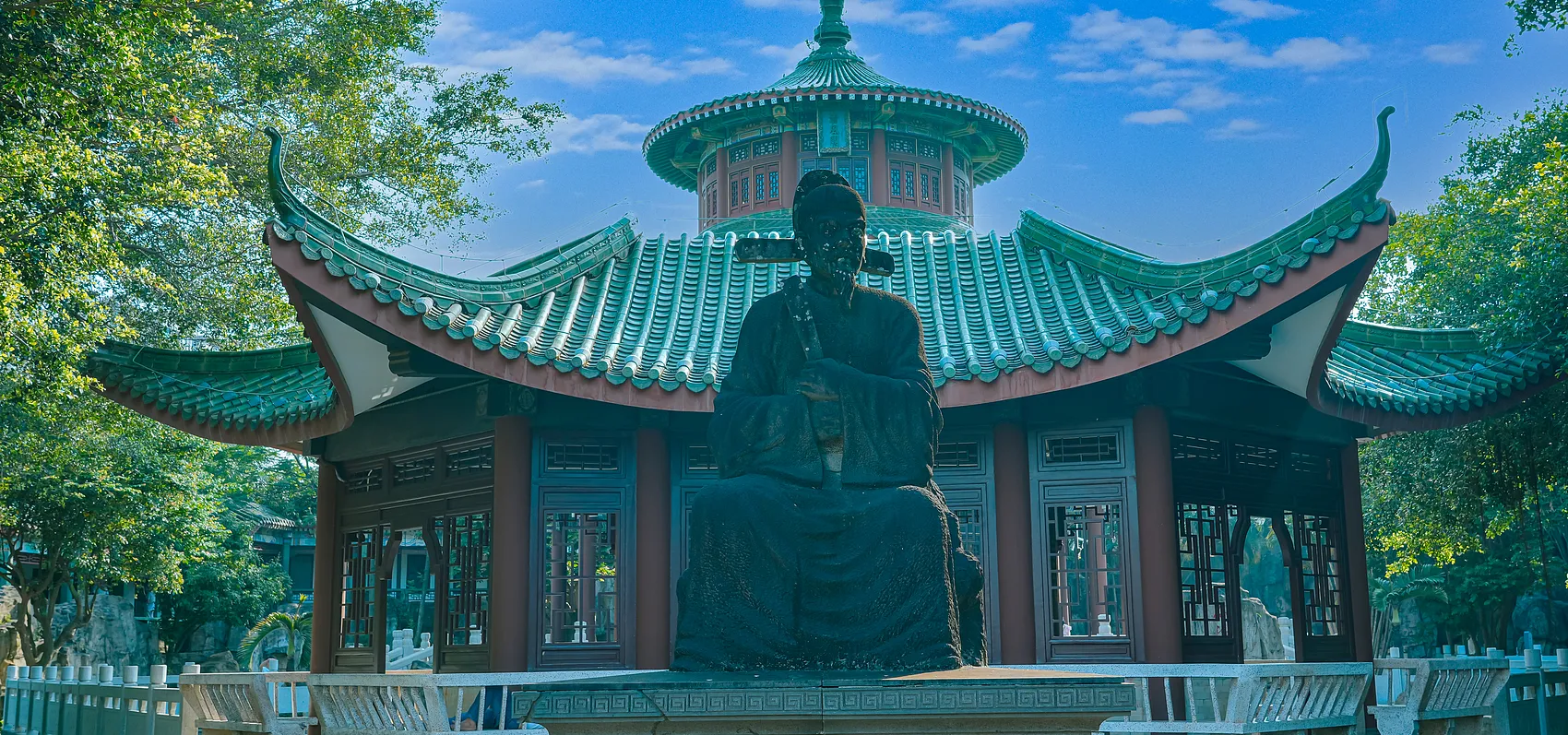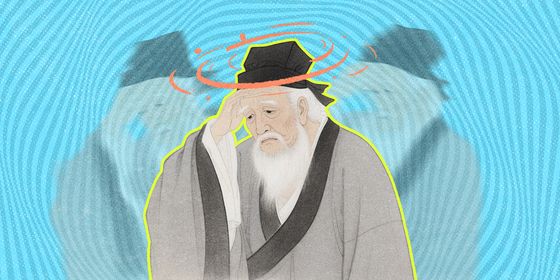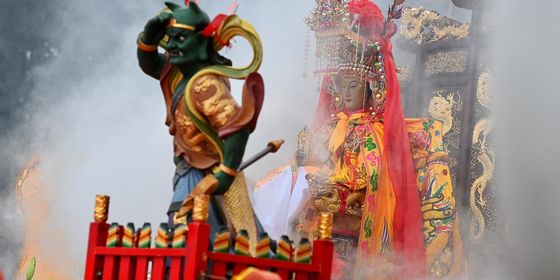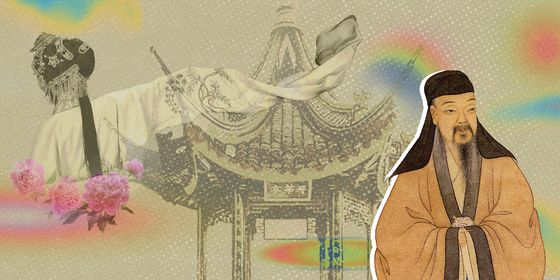Ancient scholars and ministers used all forms of scathing rhetoric to refute, persuade, and influence—sometimes to disastrous ends
Thanks to the rise of stand-up comedy in China in the recent decade, “roasting (吐槽 tǔcáo)” has become a recognized form of verbal art in the country. Someone skilled in this practice is described as having a “toxic tongue (毒舌 dúshé),” which is often a compliment—an expression of admiration for one’s keen observational skills and elevated eloquence.
While the term “roasting” is a neologism in China, the country has had more than its share of notorious toxic-tongued individuals throughout history. These figures unleashed tirades—sometimes scathing, sometimes funny, and sometimes both—on everyone, from friends to colleagues to emperors. Some gained fame through their roasting, while others faced dire consequences.












